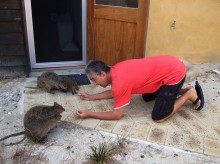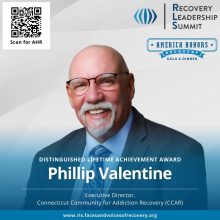 Here is an excellent article about recovery from addiction by Chris Clements, social affairs correspondent for BBC Scotland.
Here is an excellent article about recovery from addiction by Chris Clements, social affairs correspondent for BBC Scotland.
Andrew is in recovery after a decade of alcoholism.
Ten years ago, he suffered a mental breakdown and his drinking spiralled.
It led to the loss of a career in finance and the breakdown of family relationships.
But the 62-year-old told BBC Scotland that his darkest point came last year.
“In June, my partner died and my drinking just got totally out of control,” he said. “I couldn’t function as a human being. I had to be cared for.”


 Here’s some powerful writing from one of our bloggers on Wired In To Recovery when it was running between 2008 and 2012.
Here’s some powerful writing from one of our bloggers on Wired In To Recovery when it was running between 2008 and 2012. A huge congratulations to Phil Valentine of Connecticut Community of Addiction Recovery (CCAR), who recently received a Distinguished Lifetime Achievement Award from
A huge congratulations to Phil Valentine of Connecticut Community of Addiction Recovery (CCAR), who recently received a Distinguished Lifetime Achievement Award from  I find the history of drug use quite fascinating. Here’s a brief history focusing on one class of drug.
I find the history of drug use quite fascinating. Here’s a brief history focusing on one class of drug.
